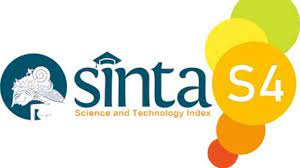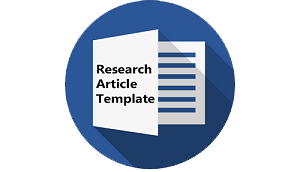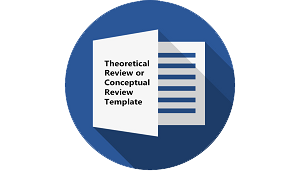READING PASSAGE IN ENGLISH TEXTBOOK FOR SMP ISSUED BY DEPARTMENT OF EDUCATION & CULTURE SAMARINDA
DOI:
https://doi.org/10.30957/ijoltl.v1i2.92Keywords:
text book, content analysis, passages, reading texts.Abstract
 This study aimed to describe characteristics of reading passages in the English textbook for SMP in Samarinda published by CV Nadia Sarana Utama. The study used content analysis as the design. The data of this study were 11 reading passages in the English textbook.  The reading passages were evaluated based on topic, organization, grammatical features, cohesion and cohesive devices of the text, and vocabulary choices. The study revealed that the topics of the reading text were not clear. Of 11 passages available, 3 do not have topic, 2 do not state relevant topic, and 6 has relevant topic. Cohesion and cohesive of the texts were achieved by reference and the conjunction (text 1 to text 11), substitution (texts 4, 6, and 10) and lexical cohesion (texts 4, 7, and 10). Grammatical features of the 11 texts are simple and compound sentence. Vocabulary texts are everyday language.Â
Â
Downloads
Download data is not yet available.
Downloads
Published
2016-05-01
How to Cite
Setiawan, I. (2016). READING PASSAGE IN ENGLISH TEXTBOOK FOR SMP ISSUED BY DEPARTMENT OF EDUCATION & CULTURE SAMARINDA. IJOLTL (Indonesian Journal of Language Teaching and Linguistics), 1(2), 159–178. https://doi.org/10.30957/ijoltl.v1i2.92
Issue
Section
Articles
License
Authors who publish with this journal agree to the following terms:
- Authors retain copyright and grant the journal right of first publication with the work simultaneously licensed under a Creative Commons Attribution-ShareAlike 4.0 International License that allows others to share the work with an acknowledgement of the work's authorship and initial publication in this journal.
- Authors are able to enter into separate, additional contractual arrangements for the non-exclusive distribution of the journal's published version of the work (e.g., post it to an institutional repository or publish it in a book), with an acknowledgement of its initial publication in this journal.
- Authors are permitted and encouraged to post their work online (e.g., in institutional repositories or on their website) prior to and during the submission process, as it can lead to productive exchanges, as well as earlier and greater citation of published work (See The Effect of Open Access).












